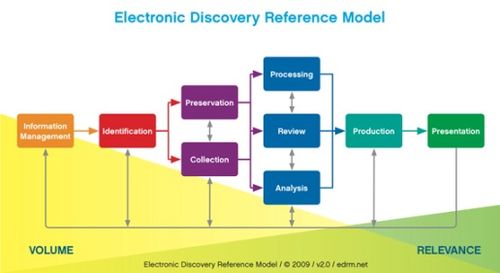Both Sides Instructed to Use Predictive Coding or Show Cause Why Not – eDiscovery Case Law
Both Sides Instructed to Use Predictive Coding or Show Cause Why Not – eDiscovery Case Law https://cloudnine.com/wp-content/themes/cloudnine/images/empty/thumbnail.jpg 150 150 CloudNine https://cloudnine.com/wp-content/themes/cloudnine/images/empty/thumbnail.jpg
As reported in Ralph Losey’s e-Discovery Team® blog, Vice Chancellor J. Travis Laster in Delaware Chancery Court – in EORHB, Inc., et al v. HOA Holdings, LLC, – has issued a “surprise” bench order requiring both sides to use predictive coding and to use the same vendor.
read more





